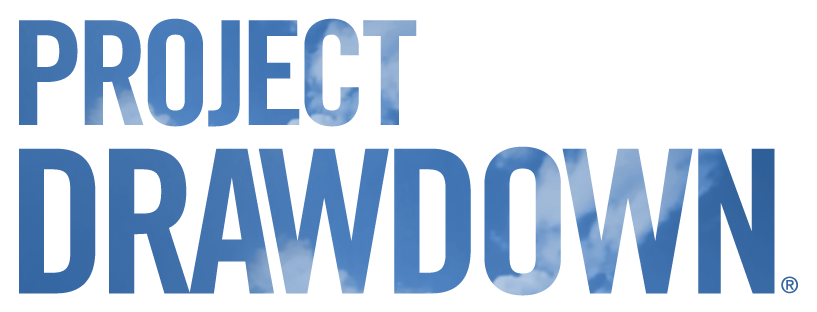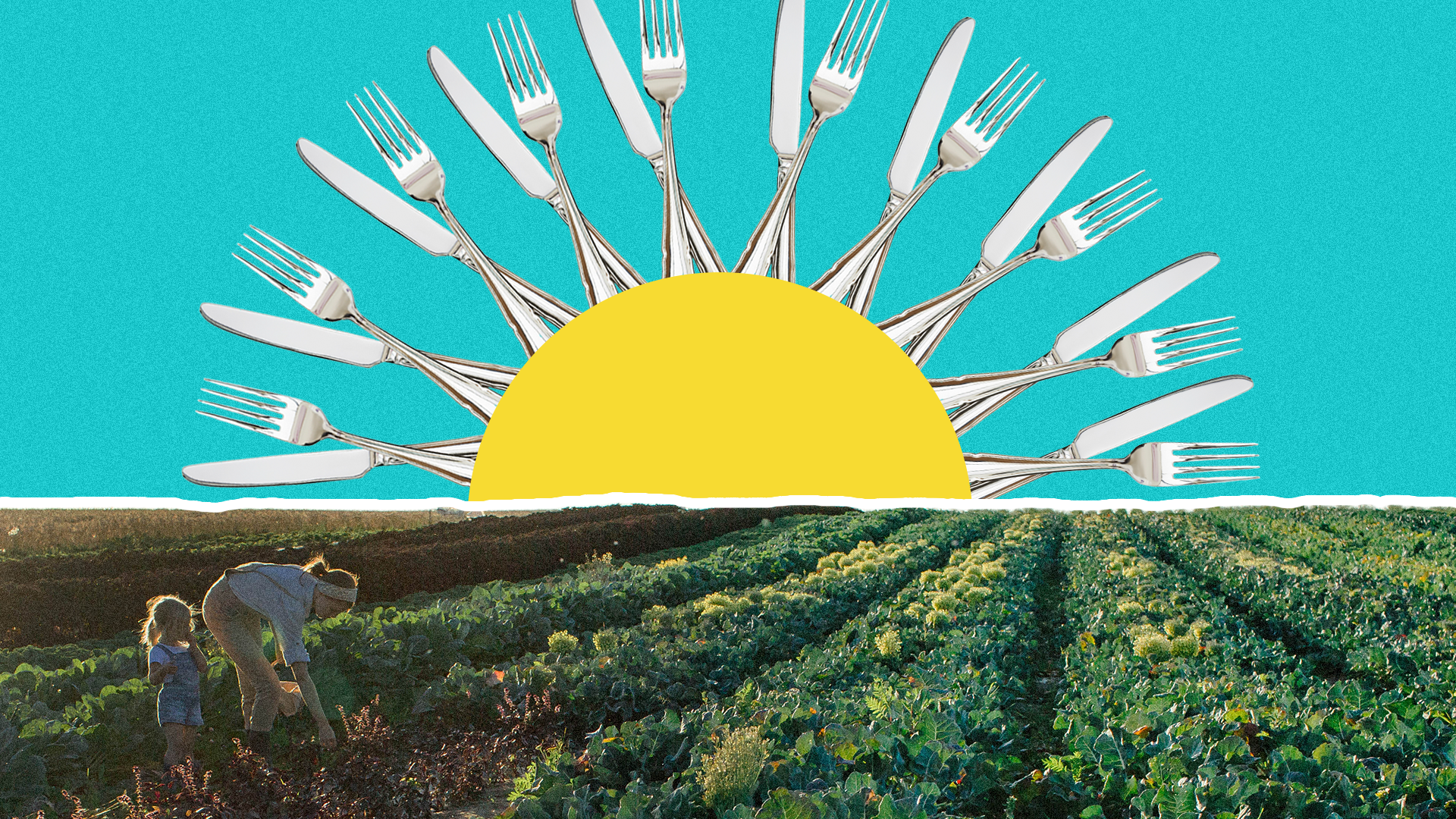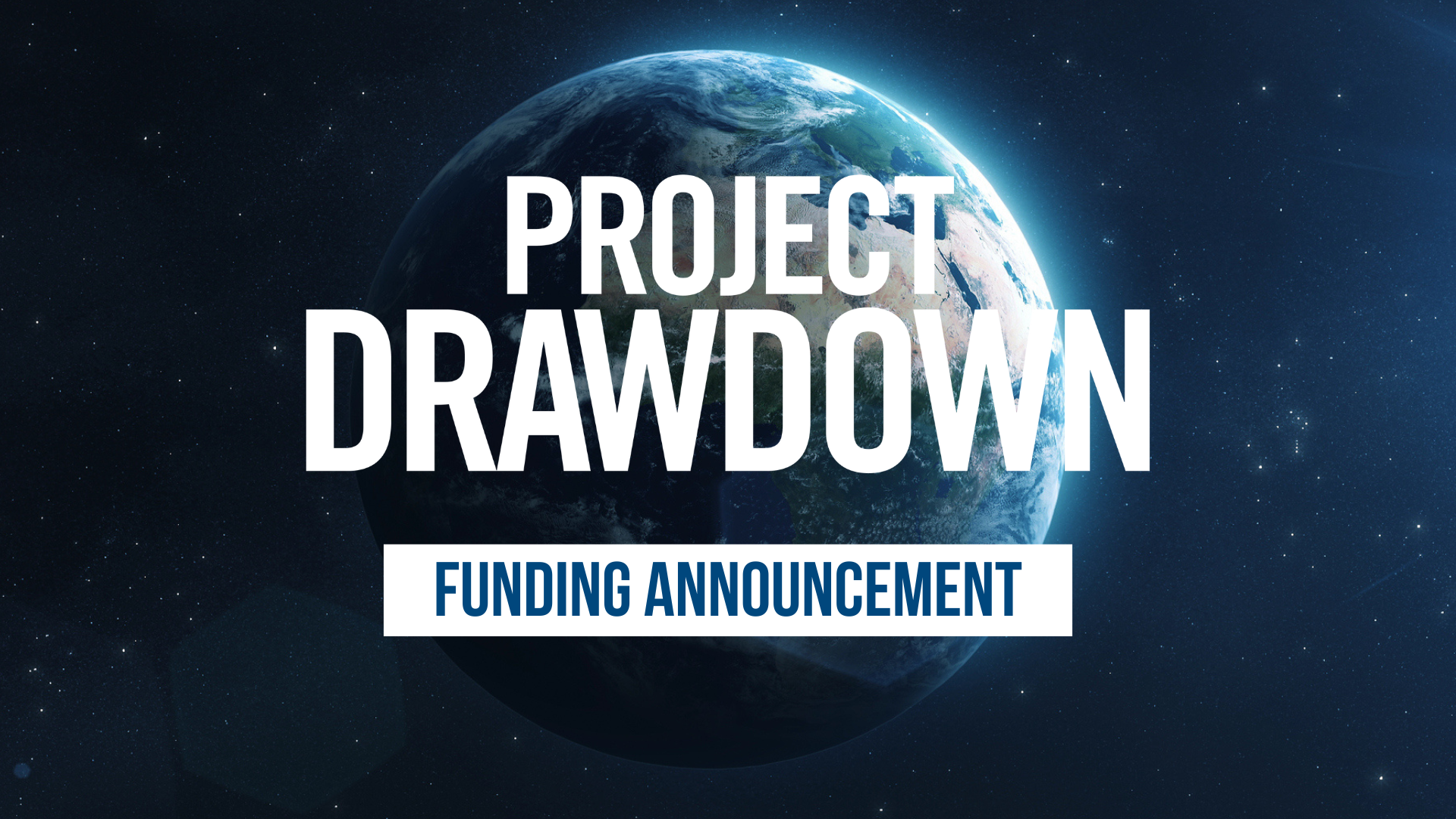Discover your inner climate superhero
Drawdown’s Neighborhood: Atlanta interviewees Demetrius Milling, Blair Beasley, Robin Okunowo, Tonya Hicks, Adam Hicks, and Tylesha Giddings pose together at the launch celebration for the series.
Credit: Erik Dowds & Project DrawdownDrawdown’s Neighborhood, presented by Project Drawdown, is a series of short documentaries featuring the stories of climate solutions heroes, city by city. We are extremely excited to share with you that the series’ second edition—Drawdown’s Neighborhood: Atlanta—is now available online!
We invite you to join host and Project Drawdown director of storytelling and engagement Matt Scott on a journey to “pass the mic” to nine climate heroes whose stories often go unheard, and elevate climate action—and stories about careers, race, gender, sexuality, mental health, personal and community resilience, family, and more—in the process.
The series’ second round of documentary shorts showcases the Atlanta, Georgia, which played a pivotal role in the U.S. civil rights movement of the 1950s and 1960s and today maintains a strong global reputation for social activism, cultural diversity, and economic innovation. In its climate action plan, the City of Atlanta has recognized the need for change, acknowledging “the risk that climate change poses” and asserting that “local action is needed to reduce the City of Atlanta’s contribution to the problem of climate change and adapt to its current and future effects.” In response to the impacts of climate change, people from all over the city are mobilizing to fuel a green future – leveraging Atlanta’s innovative spirit and rich tradition of civic engagement to achieve much-needed change.
This series showcases the diverse “Neighborhood” of people working in Atlanta and surrounding communities to help the world reach drawdown, the future point when levels of greenhouse gases start to steadily decline. Each story serves as a bridge between climate solutions and people like you looking to tap into their own superpowers to stop climate change.
The Drawdown’s Neighborhood short documentaries touch on a range of themes used to inspire action. Themes include pathways to climate careers; collaboration across silos, including geographies, sectors, and ideologies; diversity, equity, inclusion, and justice; hope and opportunity; individual action paired with systems change; and personal and community resilience. The nine stories from Atlanta center the voices of women, Black people, people of color, immigrants, and others who are often not represented in the climate dialogue and yet are commonly most immediately and severely vulnerable to the impacts of climate catastrophe.
You’ll find your superpower with Demetrius Milling, whose work with the Love is Love Cooperative Farm propels a vision for a just, healthy, and sustainable world powered by local community collaboration—a model to be replicated as we build the future.
You’ll turn the page and embrace change with Adam Hicks, who simultaneously fights food insecurity and climate change by diverting food waste from farms to help the local community access fresh fruits and vegetables—helping to draw down climate emissions while addressing hunger through millions of servings of fruits and vegetables made accessible via donations to local food banks and shelters.
You’ll ask questions and find answers with Blair Beasley, who supports research for Drawdown Georgia, a first-of-its-kind, state-centered initiative to crowd-solve for climate change by focusing on five high-impact climate solutions areas of electricity, transportation, buildings and materials, food and agriculture, and land sinks to drastically cut carbon emissions.
The series also includes:
- Eri Saikawa, Research Professor of Environmental Sciences at Emory University
- Kendrick Kelsey, Reuse Center Associate at the Lifecycle Building Center
- Robin Okunowo, Program Coordinator with Captain Planet Foundation’s Planeteer Alliance
- Steve Place, Horticulturist II with the Georgia Institute of Technology’s Kendeda Building for Innovative Sustainable Design
- Tonya Hicks, President and CEO of Power Solutions Inc.
- Tylesha Giddings, Technical Project Manager at Southface Institute
Feeling inspired? To unleash your inner climate superhero, visit Drawdown’s Neighborhood to discover solutions and take action today.
Press Contacts
If you are a journalist and would like to republish Project Drawdown content, please contact press@drawdown.org.



